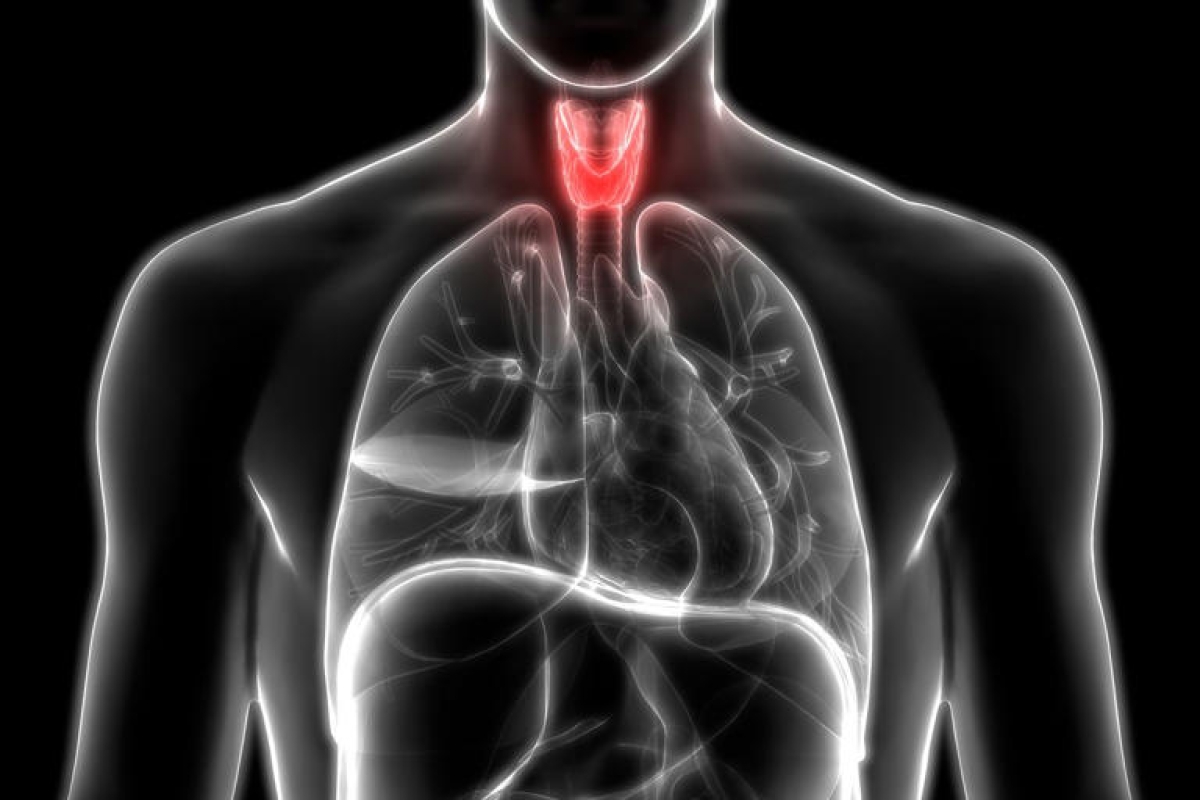
Ateam of researchers discovered a genetic mutation in a non-coding region of DNA that changes thyroid regulation, resulting in a rare type of congenital thyroid abnormality.
Findings of the researchers from the University of Chicago, in collaboration with the Free University of Brussels and the University of Washington published in Nature Genetics. The journal also published a News & Views piece on the discovery.
One in every 2,000 newborns has a lack or diminished thyroid hormone at birth, which can cause irreparable mental and development damage if left untreated. Thyroid stimulating hormone (TSH), produced by the pituitary gland, regulates the production of thyroid hormone. When thyroid hormone levels fall, TSH levels rise. As a result, TSH is commonly used to screen babies for thyroid hormone insufficiency, allowing for early treatment and prevention of the devastating effects.
However, since the institution of TSH based screening in the early 1980s, instances of high TSH in the presence of normal thyroid hormone levels have been encountered. Individuals with this condition are said to have resistance to TSH or RTSH, but do not always have complications because of it.
RTSH has both a recessively inherited form and a dominantly inherited form. Prior research has uncovered the genetics behind the recessively inherited form. This current research identifies for the first time the genetics of the dominantly inherited form.
“This finding identifies a new physiologic mechanism for control or regulation of the thyroid,” said Samuel Refetoff, MD, Professor Emeritus in the Departments of Medicine, Pediatrics and Committee on Genetics, and corresponding author of the paper. “Once we have unraveled how this particular mechanism works, we will be able to add new knowledge about how the thyroid functions.”
The identification of this genetic mutation is a culmination of twenty-five years of work involving multiple laboratories around the world. Refetoff was on sabbatical leave in the laboratory of Professor and Co-author Gilbert Vassart of the Free University of Brussels when the first family with the dominantly inherited form of RTSH was identified in 1998. Four more families with the condition were found and information about them published in 2005.
The researchers then explored potential candidate genes for the condition. Co-author Helmut Grasberger, then a post doc in Refetoff’s lab and now a research assistant professor at the University of Michigan, was able to link it to an area on chromosome 15, a large piece of DNA with around 40 genes. But technology hindered the ability of the team to take their findings further until recently.